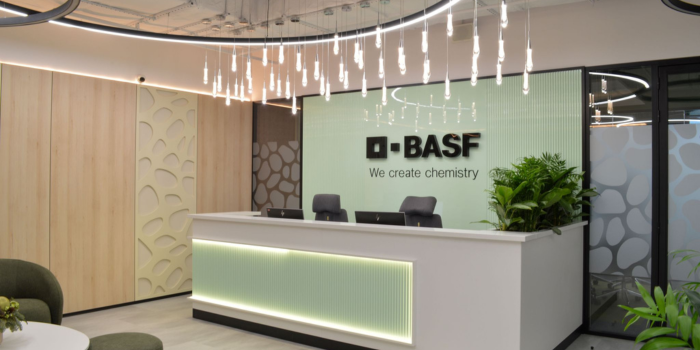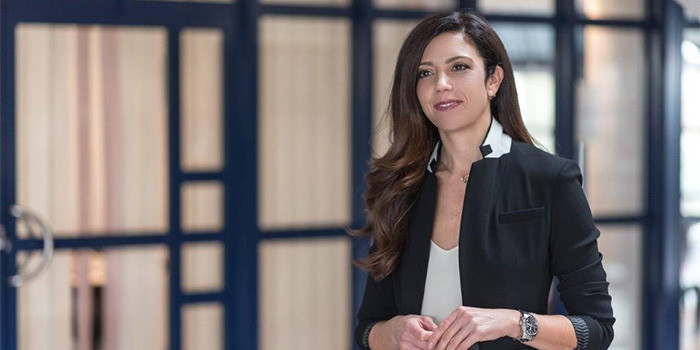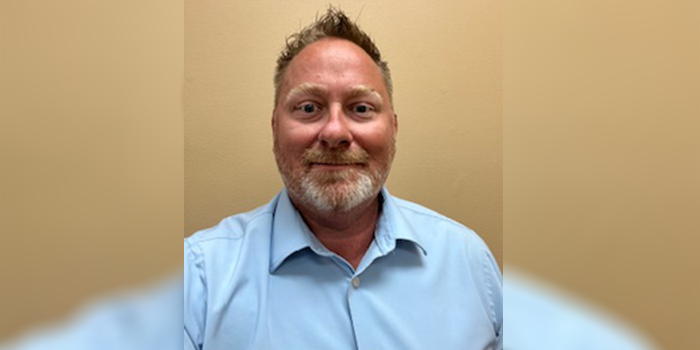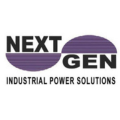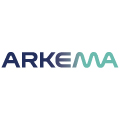Peter Huntsman Talks About a Greener Future
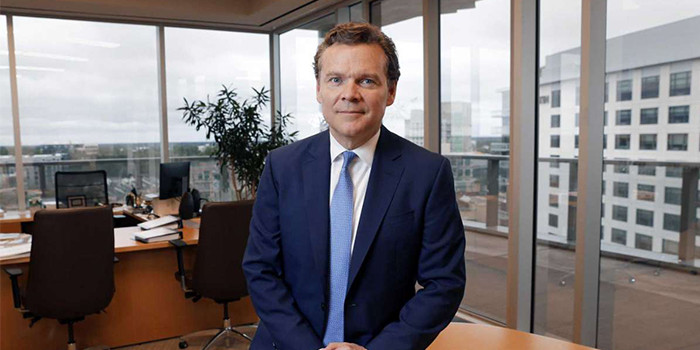
HOUSTON, TX - MARCH 29, 2021 - In a year that saw a historic oil crash caused by the coronavirus pandemic, Houston specialty chemical maker Huntsman Corp. nearly doubled its profits to $1.03 billion from $562 million in 2019, even as revenues slipped 11 percent year over year to $6.02 billion.
The Woodlands-based company, under the direction of CEO Peter Huntsman, has refocused its operations with a portfolio that includes specialty chemicals such as polyurethanes used in foams, insulation, textiles and automotive manufacturing.
Peter Huntsman, 58, worked his way up the corporate ladder at the company founded by his father Jon Huntsman Sr., in 1974. Starting as a truck driver at the petrochemical company, he took over as chairman just before his father died in 2018.
The company has transformed under his leadership. Gone are units that made low-margin base chemicals such as ethylene oxide. The company sold its chemical plant in Port Neches to Thailand-based Indorama Ventures in January 2020 for about $2 billion, holding onto the portion of the facility producing amines, derivatives of ammonia.
The move was a push into downstream markets to create a more stable cash flow for the company as it left behind production of base chemicals.
Huntsman has also grown by acquiring smaller competitors, allowing the chemical-maker to further develop its technologies and specialty products. In January, Huntsman completed the $250 million, all-cash acquisition of Gabriel Performance Products, a chemical manufacturer of additives and epoxy curing agents based in Akron, Ohio.
The business traces its roots to the senior Huntsman’s creation of the clamshell container for McDonald’s Big Mac. From there, the company grew organically and through a series of major acquisitions. Peter Huntsman became chief executive in 2000 and the company went public in 2005.
The family legacy extends well beyond Texas. Huntsman’s older brother, Jon Jr., is a former Utah governor who unsuccessfully sought the Republican nomination for president in 2012 and served as ambassador to China from 2009 to 2011 under former President Barak Obama and to Russia from 2017 to 2019 under former President Donald Trump.
The Chronicle spoke with Huntsman about expansion, focus and staying profitable through a global downturn.
Q: The company posted a $1.03 billion profit in 2020 at a time when other chemical firms were struggling amid the COVID-19 pandemic. How did you accomplish this?
A: We’ve gotten out of yesterday’s businesses and are getting into tomorrow’s businesses. In the past couple of years, we’ve probably sold off about 40 percent to 50 percent of our company. We now have a far more renewable-oriented portfolio. What you will see, over the next decade in particular, will be the groundwork laid for a greening economy.
If you want to get into wind, batteries, solar, lightweighting (building automobiles that are less heavy as a way to achieve better fuel efficiency and handling), and carbon fiber manufacturing, the whole next generation is going to be built on technologies that by-and-large come out of the chemical industry.
People think of the petrochemical sector as yesterday’s old-line making plastic containers. But you look at the electric vehicles of the future and they have very little metal on them if any. It’s going to be lightweighting, not welding. It is going to carbon fiber, not metal. It’s going to be battery operated, not internal combustion engines.
Q: What does that mean for the oil industry?
A: Oil will be the technology that we will eventually replace, or in some cases, use as a raw material. And when I say that, there will come a time in the next couple of years, not decades, where you will see carbon dioxide starting to be a very valuable raw material for this industry.
If you look at where the future is, a lot of it’s going to be based on the chemistry that’s been developed in the last few years and will be developed in the next two or three years.
Q: It’s happening that quickly?
A: Looking at the number of homes that are being built, how people are transporting themselves, how they’re communicating, how they are shopping … if you’re on the right side of that, I think you’re doing quite well.
If you are on the wrong side of that, and you happened to have put all your money into a restaurant chain or hotel, you’re probably really struggling.
For big chunks in the economy, these are actually pretty good times. For other chunks of the economy, it is an unmitigated disaster.
Q: The company in 2018 outlined a plan to invest as much as $2.2 billion in small acquisitions through 2020. That included the December acquisition of Gabriel Performance Products. Will the company continue to make acquisitions in 2021?
A: I would hope that this year we would be on an even greater pace. We call this strategy a “string of pearls.” Rather than going and trying to get just one big diamond, or one big acquisition, we are looking for where we can fill certain niches of our portfolio.
Let’s take electric vehicles. We want to be able to supply the seating for Tesla, which we are already doing. We also want to build the epoxy that encases the motors going to be in its cars.
Electronic vehicles will have five times the number of circuitry and electronics than a diesel vehicle has. There is an opportunity. How do you capitalize on it? It is usually not just one big acquisition.
Q: You oversee more than 70 manufacturing, R&D and operations facilities in approximately 30 countries, with approximately 9,000 employees. How do you define your leadership style?
A: My leadership style is incredibly easy, and I’m incredibly successful at it. That is to surround myself with people that are smarter and better than me.
I want a diverse group of people around me and I want to listen to them. I want a spirited debate and I want people to question my ideas. At the end of the day, when I come up with a conclusion, I want their support. But in the meantime, it is fair game. My ideas aren’t any better than anybody else’s.
Q: You didn’t finish college, did you?
A: I went to college for a few months and found that I’d rather drive a truck than sit through psychology 101. With the last name Huntsman, I’ve obviously felt incredibly privileged to have the parents that I did and the opportunities. But I’ve found it so easy to find people that are better educated. Surround yourself with them, and they’re automatically going to lift and inspire you. So my leadership style is to get as good of people as I can find.
Q: Your interests extend beyond the chemical business
A: My father started the Huntsman Cancer Foundation in Utah 25 or 30 years ago. I would argue with him about how much money he was taking out of the company and putting into it. And then a couple of years before he died, my father passed away two years ago, he asked me to get involved.
I needed that balance in my life to be able to walk into the infusion center, to be able to walk to the imaging center, and to be able to see the children and the impact … it puts a human face on so much of what we do.
We have been very privileged as a family to be able to give more than $1 billion into cancer research and care over the past 25 years. Our foundation also made a $150 million downpayment, we intend to do more than that over the next 10 years, into mental health.
These are two things that affect your family and my family, regardless of race or gender or economic status. Long after the chemistry business is gone, I think our legacy will be what we actually leave for society.
Q: You’ve also responded to the recent freeze that left millions in Texas without power.
A: Just because the weather improved doesn’t mean people’s finances improved.
I decided to see if I could raise $10,000 to $20,000 over a 24-hour drive with our associates here in Montgomery County and Harris County. We raised $100,000 in less than 24 hours. That ballooned to $600,000.
Why do we have to wait for a freeze for something like this to happen? Why don’t we look at what we can be doing on a sustainable basis going forward? I think there’s a lot more we can be doing.
Q: Such as?
A: If we could get every petrochemical company in the Houston area to give $1 a day, and each employee does $1 a day … I am looking into the numbers. I don’t know how to get the word out to get something going, but we need a catalyst for something like that.
The energy and chemical industry would be known as ending hunger in the fourth largest city in America. It would be a great legacy for an industry to be able to say, “Yeah, we provide energy but we also provide relief.”
Disqus website name not provided.




